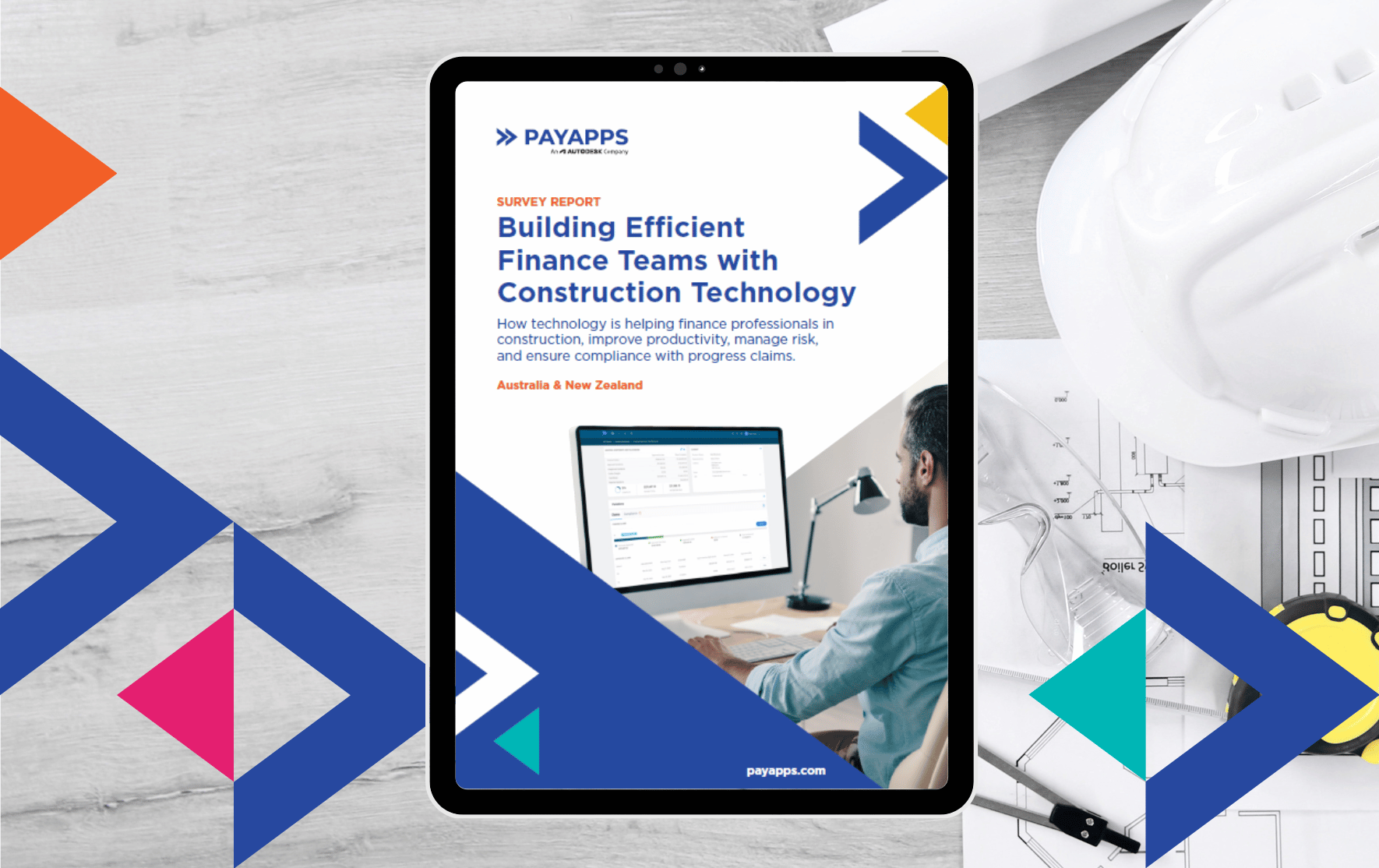The Building and Construction Industry (Security of Payment) Act 2021 (WA) has brought about significant legislative changes in Western Australia, fundamentally transforming the way payment disputes within the construction industry are handled. These changes, aimed at enhancing payment protections for all industry participants, mark one of the most substantial overhauls since the introduction of the Construction Contracts Act 2004.
Now that the full rollout of the reforms is complete, we take a comprehensive look at the phased implementation of these reforms and how platforms like Payapps are pivotal in adapting to the new legislative landscape.
Phased Implementation of SOPA Reforms:
Stage 1: Establishing the Foundation (August 1, 2022)
The first stage of the SOPA reforms laid the groundwork for a more structured and transparent approach to payment rights and disputes within construction contracts. Key features of this stage included:
- Introduction of Rapid Adjudication Process: A streamlined adjudication process was established to expedite dispute resolution, ensuring that payment disputes could be resolved quickly and efficiently.
- Introduction of Penalties and Fines: To enforce compliance with the new regulations, Stage 3 also introduced a framework of penalties and fines for non-compliance. These measures are designed to deter practices that delay or withhold rightful payments, ensuring that all parties adhere to the stipulated payment timelines and processes outlined in the SOPA reforms
- Payment Claims and Schedules: The reforms standardized the process for submitting and responding to payment claims, promoting clarity and reducing the potential for disputes.
- Enhanced Payment Protections: The reforms aimed to ensure more timely payments to subcontractors, with specific provisions to reduce payment times and enforce the rights to progress payments.
This foundational stage aimed to enhance transparency and efficiency in the construction payment process, setting a new standard for managing contracts and disputes.
Stage 2: Strengthening Protections (February 1, 2023)
Building upon the initial reforms, the second stage introduced additional measures to protect the interests of subcontractors and suppliers, particularly in dispute scenarios or cases of insolvency:
- Retention Trust Scheme: A retention trust scheme was implemented to safeguard retention monies, providing subcontractors with greater financial security. This scheme was designed to protect subcontractors if there was a dispute or if a company became insolvent and could not return owed retention money.
This stage focused on providing subcontractors and suppliers with more robust protections against non-payment and financial risks.
Stage 3: Consolidating the Framework (February 1, 2024)
Stage 3 of the Security of Payment Act (SOPA) reforms in Western Australia, which took effect on February 1, 2024, represents a significant advancement in the legislative framework governing construction payments. This stage introduced critical measures aimed at further safeguarding the interests of subcontractors and ensuring the smooth flow of payments within the construction industry.
Key Features of Stage 3:
- Expansion of the Retention Trust Scheme: One of the standout features of Stage 3 is the expansion of the retention trust scheme. Initially introduced in Stage 2 for construction contracts over $1,000,000, the scheme’s coverage was broadened under Stage 3 to include contracts valued over $20,000. This expansion ensures that a larger number of subcontractors benefit from enhanced protection of their retention monies, safeguarding these funds in case of disputes or insolvency issues with higher-tier contractors.
- Clarification of Contractual Obligations: This stage also sought to clarify and streamline the contractual obligations of all parties involved in construction projects. By setting clear guidelines for payment claims, schedules, and the adjudication process, Stage 3 aims to minimize disputes and enhance the efficiency of payment processes across the industry.
- Support for Adjudication and Dispute Resolution: Further refining the adjudication process introduced in earlier stages, Stage 3 provides additional support and resources for effectively resolving payment disputes. This includes detailed guidelines and templates for submitting payment claims and responses, aimed at facilitating a smoother and more transparent adjudication process.
The Role of Payapps in Navigating Stage 3 Reforms:
Platforms like Payapps play a crucial role in helping construction firms adapt to the changes brought about by Stage 3 of the SOPA reforms. With features designed to ensure compliance with the new retention trust requirements, Payapps simplifies the management of retention monies, providing peace of mind to subcontractors regarding the security of their funds.
Furthermore, Payapps’ automated compliance features help firms adhere to the new penalty and fine structures by ensuring timely and accurate payment claims and responses. The platform’s centralised data management and real-time communication capabilities facilitate clearer contractual obligations and smoother dispute resolution, aligning with the objectives of Stage 3.
By leveraging technology solutions like Payapps, construction firms can effectively navigate the complexities of the SOPA reforms, ensuring compliance, enhancing collaboration on progress claims, and ultimately contributing to a more stable and fair construction industry in Western Australia.
For a comprehensive understanding of Stage 3 reforms and their implications, visiting authoritative sources such as the Department of Mines, Industry Regulation and Safety and the Small Business Development Corporation can provide valuable insights and guidance.








